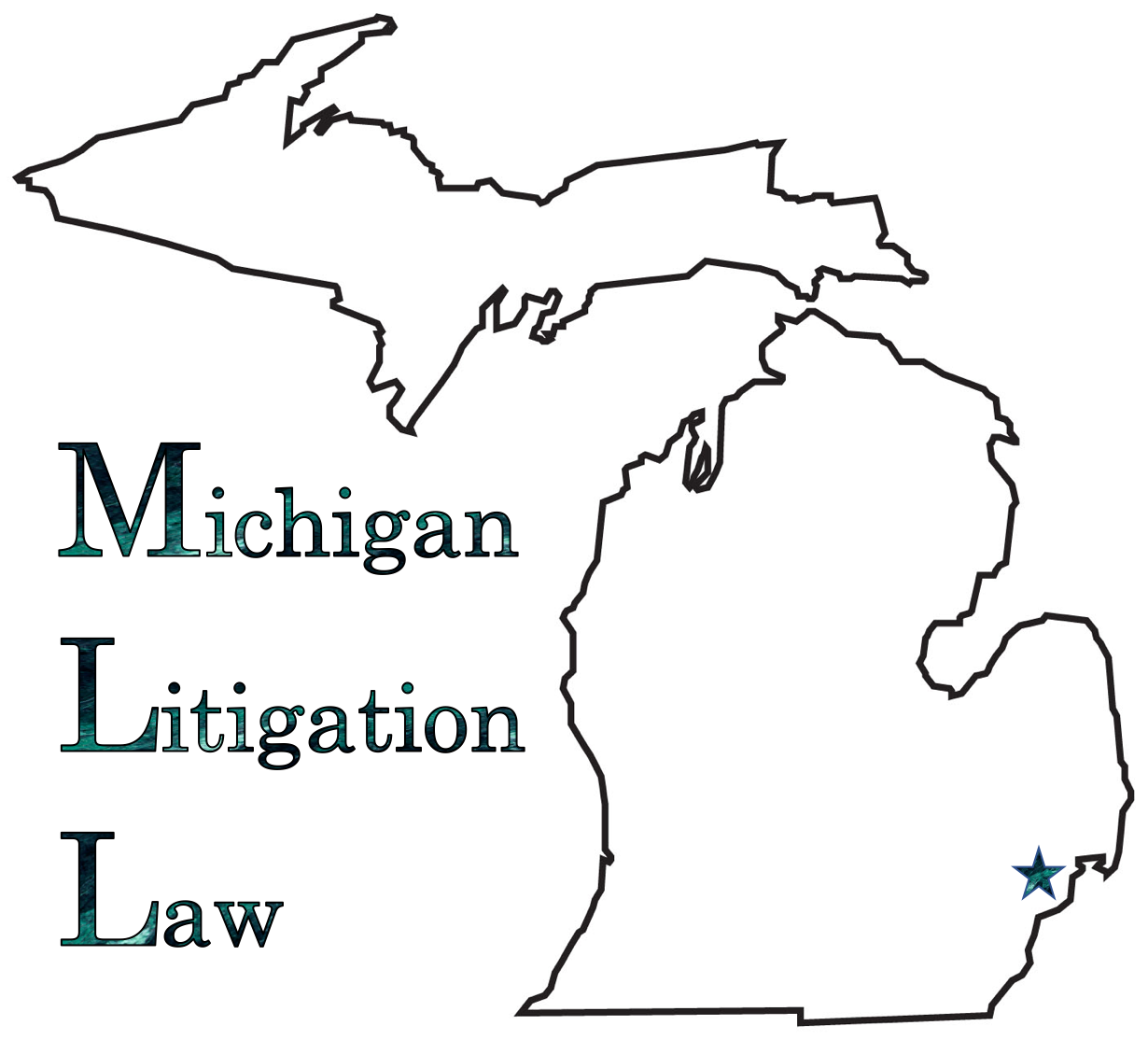Michigan Visitation Rights Lawyers
CALL US TODAY AT 248-850-5824
OR CONTACT US ONLINE!
Do Grandparents Have Visitation Rights in Michigan?
- There is a high presumption in favor of parents to disallow grandparenting time. However, it may be allowed, if you follow our guide below.
What is Standing for Grandparenting Time?
There are a number of ways to establish standing, outlined under MCL 722.27b(1). Some circumstances that would provide a grandparent with standing to file a grandparenting time petition may include:
divorce between the child’s parents;
legal custody of the child granted to a third party; or
the death of a child’s parent who is the child of the petitioning grandparent.
If you do not have standing, there are alternative solutions that may be available - please contact us to explore other options.
It is important to understand the fitness of the child’s parents.
There is legal deference given to a fit parent’s decision to disallow a grandparent’s contact with the child.
Think about what reasons the parents have given for denying time with the grandchild.
Explore if there are any legitimate reasons why the parents are denying your client visitation.
If you would like to discuss these factors with us, please contact us.
How to Apply for Grandparenting Time?
First, you have to determine the venue for the case.
If there is already a family court case open, you can file a motion as an intervening party.
If there has never been any family court action, you need to file a complaint in the county where the child resides. MCL 722.27b(3).
After filing, you must serve both biological parents, any other parties with legal custody rights over the child, and the Friend of the Court. Id.; see also MCR 3.203(E), (G).
Local practice varies about whether your case will be assigned directly to a judge or to a Friend of the Court referee.
Draft an Affidavit
Under MCL 722.27b(4)(a)–(b), you must accompany the motion or complaint with an affidavit that sets forth why any denied contact would pose a substantial risk of harm to the child’s mental, physical, or emotional health. Without this affidavit, you will not get the requested relief.
Supporting Brief
Supplement your request for relief with a supporting brief of law and facts.
If you are opening a new case, you will attach your affidavit to your complaint.
If you are filing a motion in a preexisting case, you should attach your affidavit to your motion.
Your brief is your opportunity to give the background of your case separate from an otherwise rigid complaint or motion format.
Thoroughly explain and describe your interactions with the child.
Do not hesitate to provide photographs, letters, and other offers of proof.
Vague statements are insufficient.
Schedule a Hearing
Your next step is to schedule your case for a hearing.
Be sure to know the local rules.
When in doubt, contact the assigned judge’s office for guidance.
Some judges have specific “motion call” days, in which case you will schedule your case for that day and file any necessary paperwork, such as a praecipe. Other judges require you to select a specific date and estimate the time your hearing will take to be added to the docket.
Be sure to ask the clerk if you are presenting oral argument only or testimony and select time accordingly.
A good rule of thumb is to estimate one hour per witness if you are presenting testimony.
You MUST rebut the presumption
The legal presumption is that the decision of fit parents to deny grandparenting time does not create a substantial risk of harm to the child’s mental, physical, or emotional health.
At the hearing, you must prove by a preponderance of evidence that the presumption is wrong.
To rebut the legal presumption, you must hone in on mental risks, physical risks, and emotional risks that the child will face if the grandparent is not in his or her life.
In situations where one of the parents is deceased, show that the child has the potential to lose memories of the parent without contact with the grandparent and how that would pose a substantial risk to the child. Kennan v Dawson, 275 Mich App 671, 739 NW2d 681 (2007).
Other factors you may want to address:
the child’s school grades;
social interactions; or
medical care—especially if the child has special needs.
Argue that grandparenting time is in the best interest of the child
If the court finds that you have successfully rebutted the presumption, the court must consider whether it is in the child’s best interests that the petitioning grandparent be granted grandparenting time.
The court must find by a preponderance of the evidence that it is in the best interests of the child to enter into a grandparenting time order.
As part of this process, the judge may interview the child.
Obtain Order from Judge
After the court makes the determination that it is in the best interests of the child, the court will enter an order for grandparenting time.
The order can be in general terms or specific terms, depending on what the parties may want.
It may be best to have specific conditions and terms set in place to prevent further litigation.
Can you Appeal?
If you do not prevail, your client cannot pursue another action for grandparenting time within two years from the date of the original motion or complaint. MCL 722.27b(8).
However, the family court may consider a motion or action within the two years for “good cause.”
Further, under MCR 7.206, the court’s decision to grant or deny grandparenting time is appealable by right.

